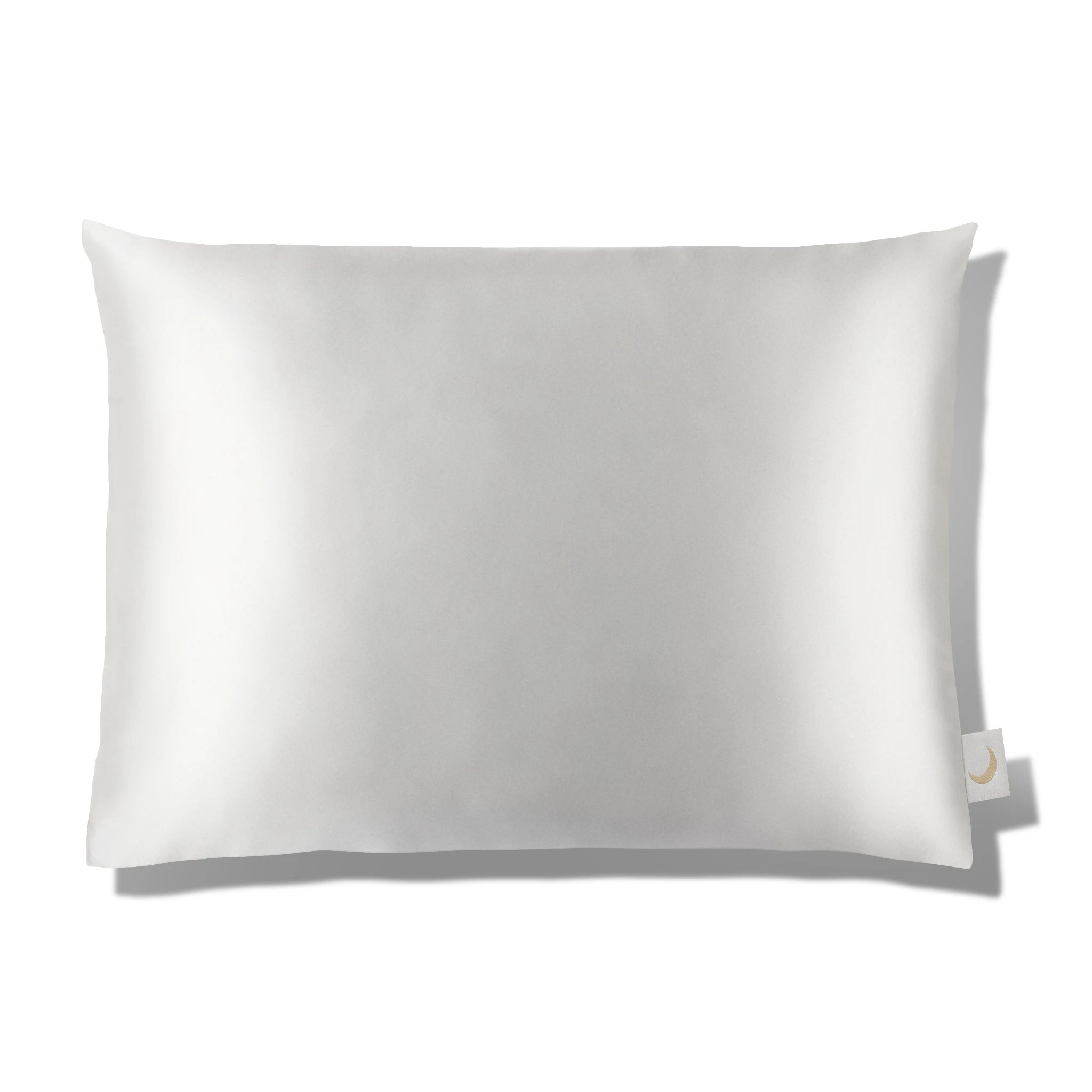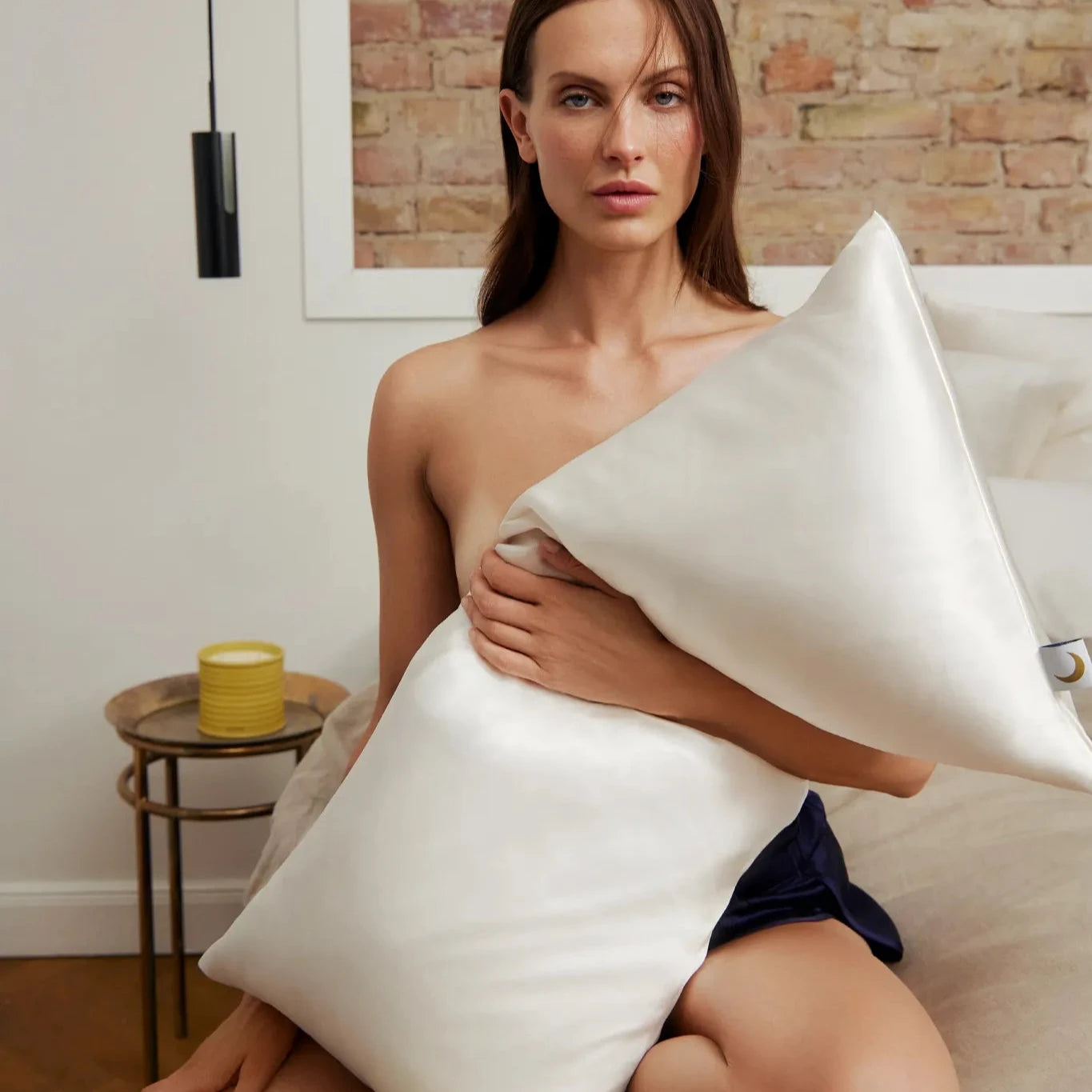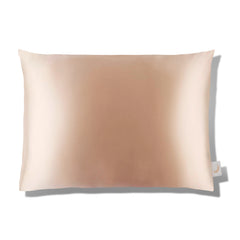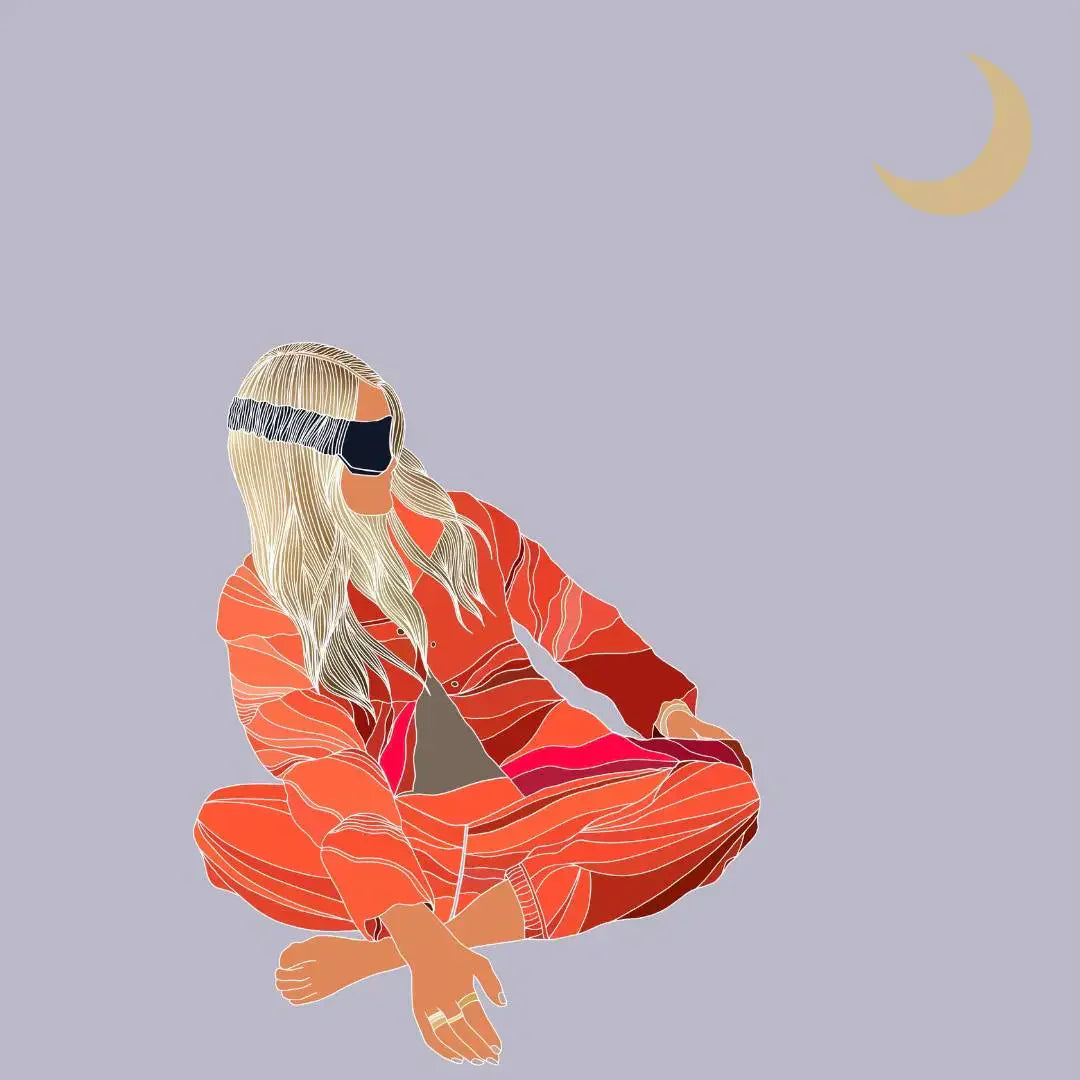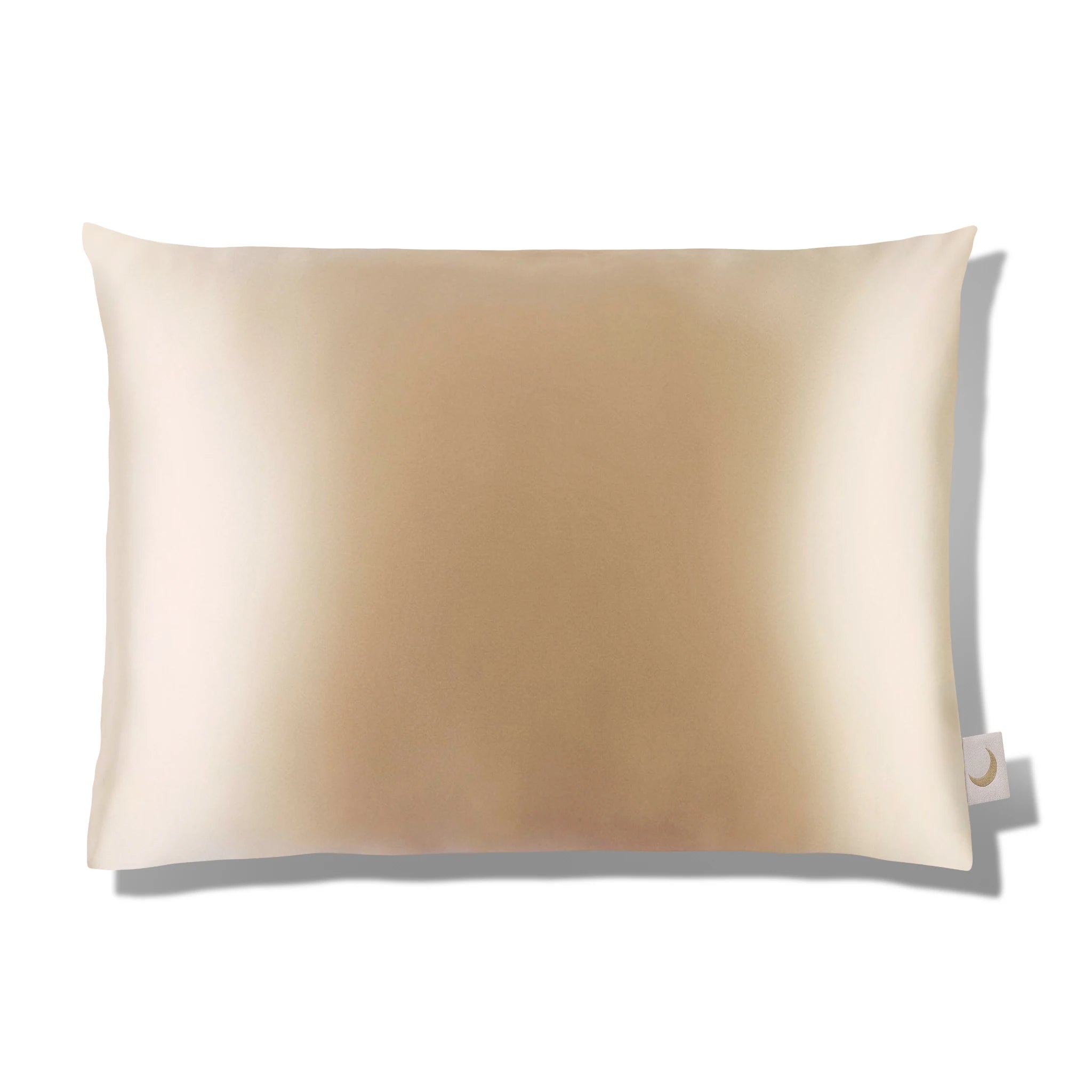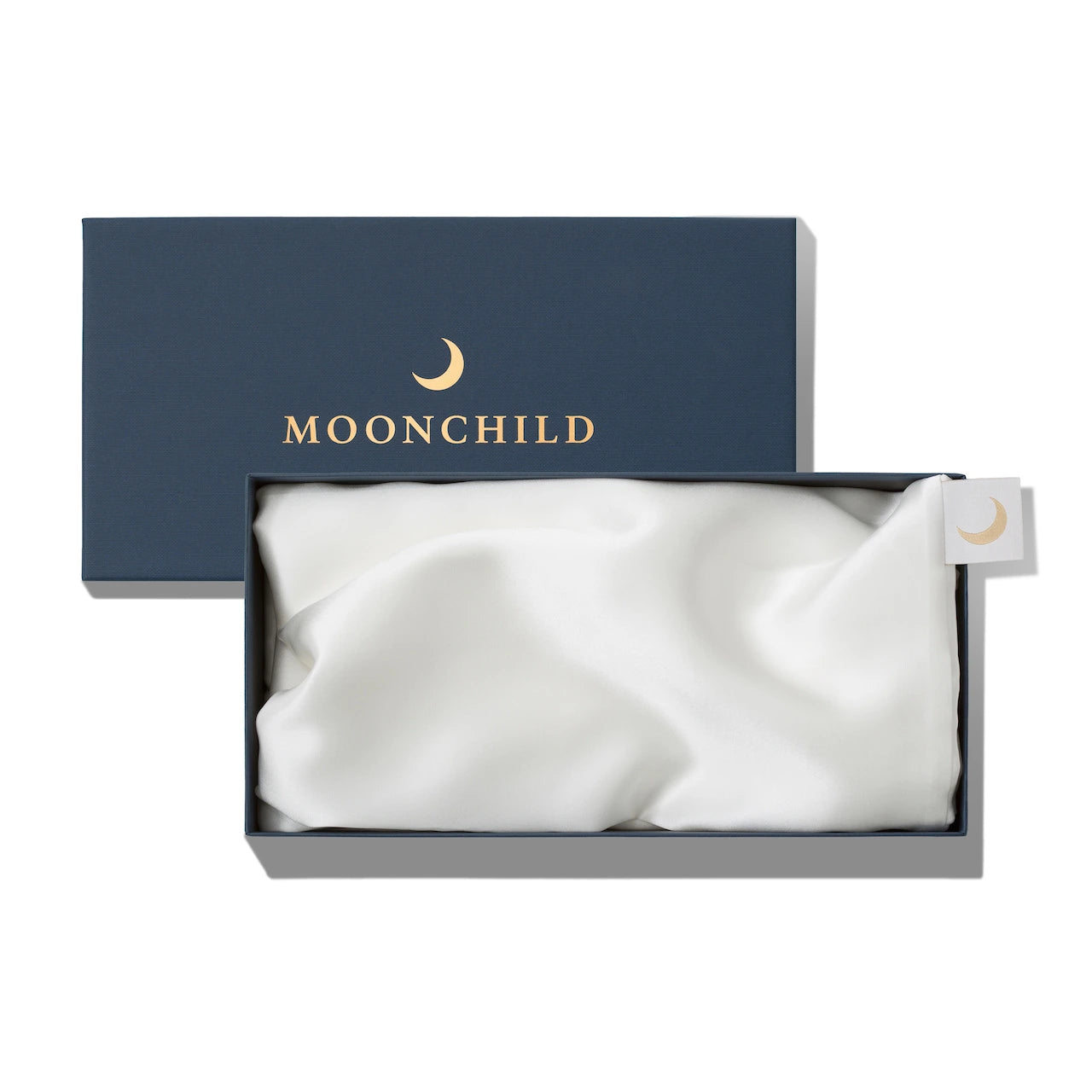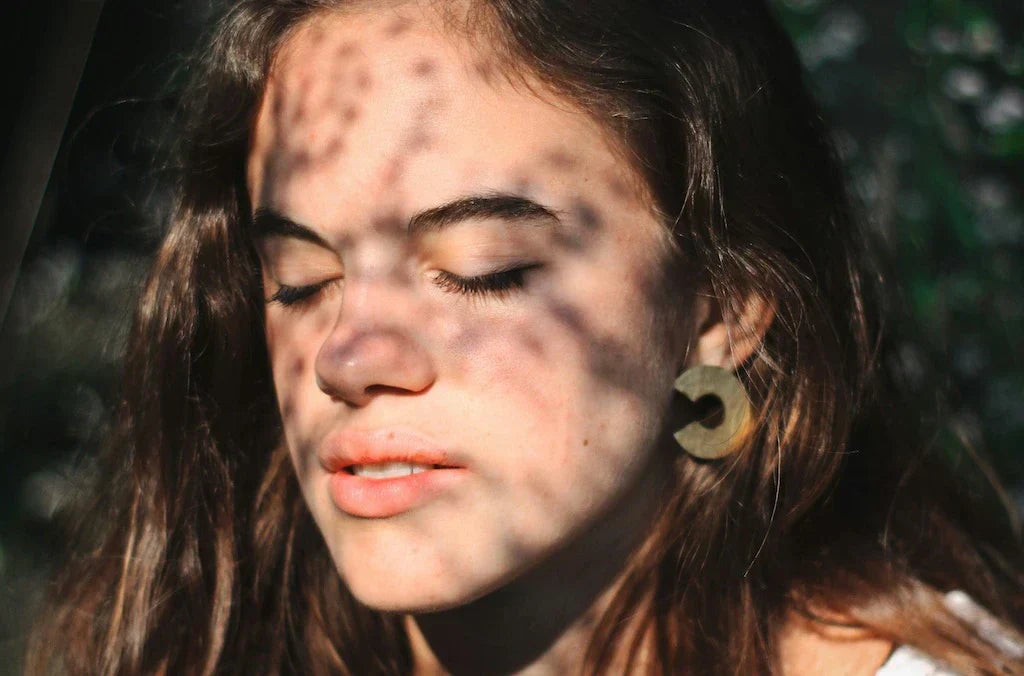Sleep might be our greatest biohack itself. But how can we biohack sleep?
Is your sleep not restoring you the way it should? Do you have trouble falling asleep, do not get enough sleep, or want more deep sleep? Here are tips on biohacking your sleep from sleep experts that go beyond counting sheep. Sleep smarter!
Biohacking Sleep – The Key to Unlocking Peak Performance
What's biohacking? Biohacking uses science, technology, and self-experimentation to optimize or enhance one's own biology and overall well-being. Biohacking is based on the idea that our bodies are not fixed, and that we can actively influence our physical and mental health through deliberate interventions. Hence the goal of biohacking is to improve performance, increase longevity, or address specific health concerns including the aging process or deeper sleep.
While biohacking your sleep has the potential to offer significant benefits for deeper sleep, it is important to note that some biohacking practices can carry risks, and should be approached with caution. It is important to consult with a healthcare professional before embarking on any new biohacking regimen.
Quality Sleep for a Better Night's Sleep
Sleep is the non-negotiable foundation of our overall mental and physical health. Here are some tips to understanding our circadian rhythm and biohacking sleep that involve using various strategies and techniques to optimize the quality and duration of sleep.
Biohacking Sleep – 11 Tips From Sleep Experts
Biohack your way to sweet dreams. A guide to sleeping like a pro:
1. Stick to a consistent sleep schedule
Going to bed and waking up at the same time every day can help regulate your body's sleep-wake cycle and improve the quality of your sleep.
2. Create a sleep-conducive environment
Make sure your room is dark, quiet, and cool. Your body temperature needs to drop by 1-3 degrees °F to fall and stay asleep (65°F or 19°C is considered an ideal bedroom temperature). Use comfortable bedding that supports a balanced body temperature such as organic bedding and sleep masks for light blocking.
3. Get sunlight exposure in the morning
Exposure to bright light within 30-60 minutes after waking can help regulate your body's circadian rhythm and improve sleep quality. If you can, do not wear sunglasses. The duration shall last from minimum 10 minutes for sunny days to a minimum of 30 minutes for overcast days Dr. Huberman (Professor of Neurobiology at Stanford Medicine) suggests.
4. Limit screen time before bed
Reduce blue light exposure in the evening. Exposure to artificial light and blue light from electronic devices and watching tv can interfere with the body's production of melatonin, a hormone that helps regulate sleep. Dr. Huberman suggests avoiding screens for at least one hour before bedtime or using blue light-blocking glasses. He suggests avoiding any bright artificial overhead light between 10pm and 4am.
5. Manage stress
Stress and in connection cortisol levels and blood pressure can interfere with sleep, so it's important to manage stress and relax through techniques such as deep breathing, progressive muscle relaxation, and meditation.
6. Avoid caffeine
Avoid caffeine within 12 to 14 hours of bedtime Dr. Matt Walker (sleep expert from UC Berkeley) suggests. If your regular bedtime is 10pm, this means your last caffeine intake would be between 8 to 10am.
7. Avoid alcohol
Avoid alcohol 3 hours prior sleep as it can disrupt sleep, especially close to bedtime. The sleep we get after consuming alcohol is deeply disrupted sleep. Ideally any alcoholic drink shall be avoided as alcohol consumtion is related to causing overall health and sleep problems.
8. Don't eat too late
Avoid eating food 3 hours prior sleeping. Eating early in the day makes us more alert in the day, increases body temperature and sets our circadian rhythm and influences our following days according to Dr. Huberman. A dedicated diet, such as intermittent fasting can give us predictability of our wakefulness and sleepiness phases throughout the day.
9. Limit naps
Limit naps to a maximum of 90 minutes, if even necessary. Naps could break our circadian rhythm.
10. Consider supplements
Some supplements, such as melatonin, magnesium, and chamomile, may help promote better sleep. Be aware that sleep supplements can mess up your sleep as they do not produce a naturalistic sleep.
11. Exercise
Regular exercise can improve sleep quality and reduce the time it takes to fall asleep. Exercise, up to two hours before bedtime, reduces the time to fall asleep by half and boosts deep NREM sleep by up to 20% according to Matt Walker.
It's important to note that everyone's body and sleep health is different, and what works for one person may not work for another. Read on about insomnia and why we sometimes just can't sleep. It's also important to consult with a healthcare provider before starting any new supplements or making significant changes to your sleep routine.

Understand Your Sleep Cycle to Sleep Like a Pro
The sleep cycle refers to the pattern of sleeping and different stages of sleep that occur during a typical night's sleep. There are two main types of sleep: non-rapid eye movement (NREM) sleep and rapid eye movement (REM) sleep.
During NREM sleep, which makes up about 75% of a typical night's sleep, the brain waves slow down and the body relaxes. NREM sleep is divided into three stages:
-
Stage N1: This is a very light sleep stage, where you may drift in and out of sleep, and can be easily awakened.
-
Stage N2: In this stage, the body becomes more relaxed and the heart rate slows down.
-
Stage N3: This is the deepest stage of sleep, also known as slow-wave sleep, where the body repairs and regenerates tissues, strengthens the immune system, and consolidates memories.
REM sleep, which makes up about 25% of a typical night's sleep, is the stage where dreaming occurs. During REM sleep, the brain becomes more active and the eyes move rapidly back and forth. The body is typically paralyzed during REM sleep to prevent physical movements that might act out dreams.
To understand our circadian rhythm: A typical sleep cycle lasts about 90 minutes, and a complete sleep cycle includes all stages of NREM and REM sleep. Most people go through 4-6 sleep cycles per night, with the amount of time spent in each stage varying throughout the night. The first few cycles of the night typically have more deep sleep, while later cycles have more REM sleep.
Chronic Sleep Deprivation – Understanding and Overcoming Sleep Disorders
While the exact amount of sleep needed can vary between individuals, the general guideline is that adults need between 7-9 hours of sleep per night to function optimally.
If someone consistently gets less sleep than they need for several weeks or months, they can be considered chronically sleep deprived. Chronic sleep deprivation can have a number of negative consequences on physical and mental health, including:
-
Increased risk of obesity, diabetes, and heart disease
-
Impaired immune function
-
Mood disorders such as depression and anxiety
-
Memory problems and difficulty concentrating
-
Reduced performance and productivity
-
Increased risk of accidents, particularly while driving or operating machinery
It is important to note that acute sleep deprivation, which refers to short-term sleep loss (such as pulling an all-nighter), can also have negative effects on health and well-being, but these effects are typically less severe and may be temporary.
Which Hormones Work During Sleep? The Science of Biohacking
To dig a little deeper and understand what goes on within our bodies when we sleep, we need to understand our hormones. There are several hormones that play a role in promoting better sleep:
-
Melatonin: Melatonin is a hormone that is produced by the brain's pineal gland in response to darkness. It regulates the body's sleep-wake cycle, and is often referred to as the 'sleep hormone'. Melatonin production is typically stimulated by darkness and inhibited by light, with levels rising in the evening and falling in the morning.
-
Serotonin: Serotonin is a neurotransmitter that regulates mood, appetite, and sleep. It is converted into melatonin in the body, which helps promote sleep. This hormone helps regulate mood, appetite, and sleep. It is often called the 'happiness' hormone.
-
Growth hormone: Growth hormones are released during deep sleep and peak during the first few hours of sleep. Growth hormones stimulate the production of insulin-like growth factor 1 (IGF-1), which is produced by the liver and other tissues in response to growth hormone. Together, growth hormone and IGF-1 promote the growth and repair of bones, muscles, and other tissues throughout the body.
-
Prolactin: Prolactin is a hormone that is released during sleep, and is involved in a variety of bodily functions, including lactation, metabolism, and immune system regulation. Studies have shown that prolactin levels are higher in people who are overweight or obese compared to those who are at a healthy weight. Prolactin has been shown to increase food intake and decrease energy expenditure, which could contribute to weight gain.
Overall, these hormones work together to promote restful sleep, maintain a healthy sleep-wake cycle and support our physical and mental health.
Deep Sleep – Why It Is So Important
The disruption of deep quality sleep is an often underappreciated factor that is contributing to cognitive decline, memory decline, aging and dementia. If you experience poor sleep it is worth to consider biohacking your sleep to enhance your overall sleep quality. We do not only temporarily feel bad when we do not sleep well, we may risk long-term health issues. Sleep is the foundation of our life, our wellbeing and overall mental and physical health.
Sources / read on:
https://hubermanlab.com/toolkit-for-sleep/
https://hubermanlab.com/master-your-sleep-and-be-more-alert-when-awake/
https://www.sleepdiplomat.com/
https://www.humansleepscience.com/
https://www.ted.com/talks/matt_walker_sleep_is_your_superpower
